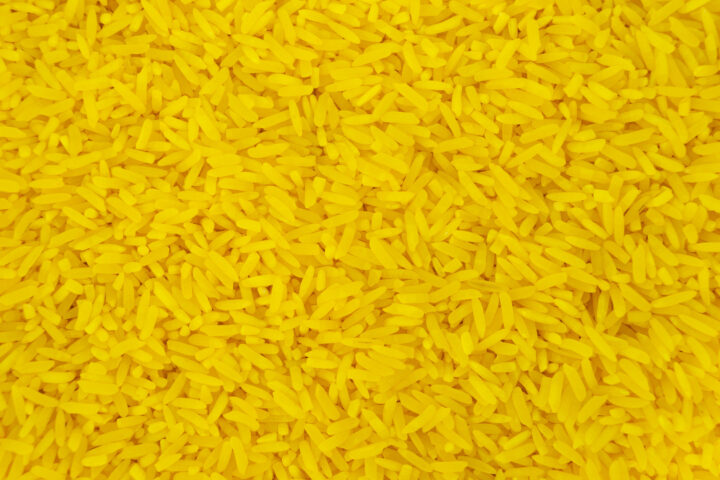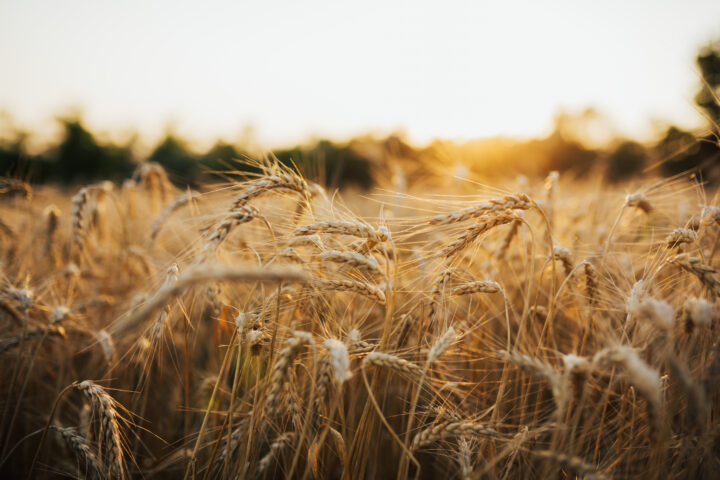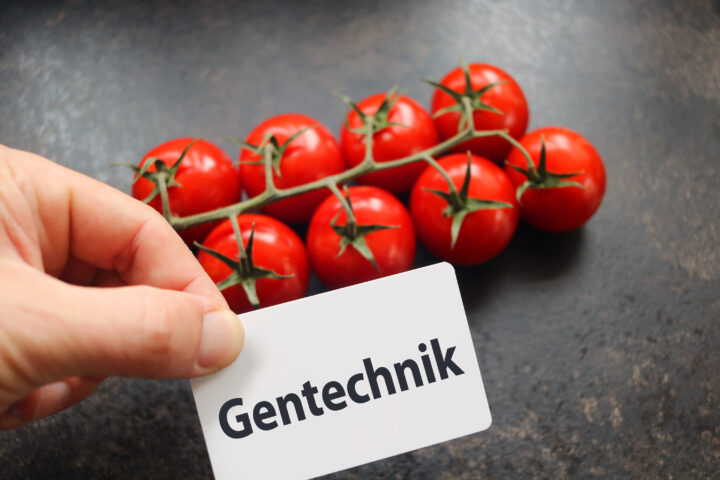
Sushi from Swiss Rice – Possible for a Few Years Now
Where once lamb’s lettuce and potatoes grew, a crop more commonly associated with Asia is now thriving: rice. What might sound like an exotic experiment has in some parts of Switzerland developed into a promising niche with a future.
Monday, October 27, 2025
Anyone who has travelled through Southeast Asia knows the sight well: rice paddies stretching as far as the eye can see. These water-grown plants provide one of the most important staples of Asian cuisine. In those regions, rice is what wheat or potatoes are to ours.
But our traditional staple crops are facing tough times. Climate change, rising pest pressure, and increasingly strict plant protection rules are making it harder to grow wheat, potatoes, and other essentials. Studies suggest that by 2050–2060, harvest yields could fall by more than 50 % due to heat and drought alone. It’s no surprise, then, that Swiss farmers are looking for alternatives – and turning to rice.
In the canton of Ticino, rice has been grown for some time already, using what’s known as dry cultivation. Unlike in Asia, the fields there aren’t flooded; instead, the plants thrive in well-drained soil that is regularly irrigated. The Ticino model shows that profitable rice production is possible even in relatively dry regions.
Rice instead of lamb’s lettuce
Farmers in the Swiss Midlands have gone one step further: in recent years, they have begun cultivating paddy rice – similar to traditional Asian rice farming. Around 14 farms north of the Alps now harvest about 240 tons per year. The flooded fields not only favour plant growth but also create valuable habitats for amphibians, dragonflies, and other wetland species. The federal research institute Agroscope supports these projects scientifically and helps optimize cultivation methods.
One pioneer is Bernese farmer and agricultural engineer Léandre Guillod. Together with his brother, he is now the largest rice producer north of the Alps. On his fields in Seeland and Aarberg, he once grew lamb’s lettuce – but rising summer temperatures increasingly prevent germination. Rice, on the other hand, loves the heat. 'The hotter, the better,' says Guillod, who has found a promising new crop for his farm.
Different crop, similar challenges
Still, success doesn’t come easily. Overall results are mixed: growing paddy rice requires experience, technical precision, and patience. Good harvests alternate with failures caused by cool summers or high weed pressure. Processing small quantities is expensive, pushing the retail price up to around 12 francs per kilo. For now, Swiss rice remains a niche product for customers who value local origin.
Continuous cultivation on the same fields can also lead to persistent weed problems. Many farmers therefore use crop rotation or allow land to rest between seasons to preserve soil health. Experts emphasize that good farming practices, targeted weed control, and careful water management are crucial for success.
Given changing environmental conditions, rice may well have a future in Switzerland. Yet it faces the same challenges as other crops. Without effective plant protection and robust varieties, the Swiss rice experiment could quite literally go under – which would be a pity for a crop that so clearly demonstrates how adaptable and innovative Swiss agriculture can be.
Sources
Kindly note:
We, a non-native editorial team value clear and faultless communication. At times we have to prioritize speed over perfection, utilizing tools, that are still learning.
We are deepL sorry for any observed stylistic or spelling errors.
Related articles

Finally, a golden age for golden rice
The World Health Organization (WHO) estimates that worldwide, as many as 500,000 children go blind every year due to a lack of vitamin A. Roughly half of them die within 12 months of losing their sight. This miserable situation could be greatly eased if the affected children had access to an inexpensive, everyday food containing an adequate amount of vitamin A.

Why jellyfish could soon end up on our plates
Will jellyfish become the new star in the superfood sky? Experts recommend eating them and rave about the slippery sea creatures as a new source of protein. However, such products have yet to be authorised.

Will this field trial revolutionise barley production?
Switzerland's first field trial using plants from new breeding technologies will start this spring in Zurich. Specifically, the aim is to breed a spring barley that produces more grains per ear. If the trial works, the technology is likely to be of great interest to Swiss agriculture.

ARTE documentary: Genetic engineering in organic farming?
The ARTE documentary “Genetic engineering in organic farming?” examines key controversial questions of modern agriculture: Is the general exclusion of new breeding technologies still up to date? Can the resistance of organic farming be justified scientifically?

The Great Suffering of Farmers
Fire blight, Japanese beetles, or grapevine yellows – farmers in Valais, too, are increasingly feeling helpless in the face of the threats posed by nature. More and more often, they lack the means to effectively protect their crops. This makes it all the more important for the Federal Council to place a pragmatic balancing of interests at the forefront when setting threshold values.

'Tomatoes on your eyes'
The submitted “Food Protection Initiative” calls for “GMO-free food.” Leaving aside this illusory demand, its adoption would mean more bureaucracy, more trade barriers, and less innovation. The Swiss Farmers’ Union describes the proposal as “unnecessary” and warns of a setback to the goal of achieving an even more sustainable agriculture.

How our daily lives end up in the water
When residues in our waters are discussed, agriculture is often portrayed as the main culprit. Yet a closer look shows that the sources are diverse and often much closer to everyday life than assumed.

